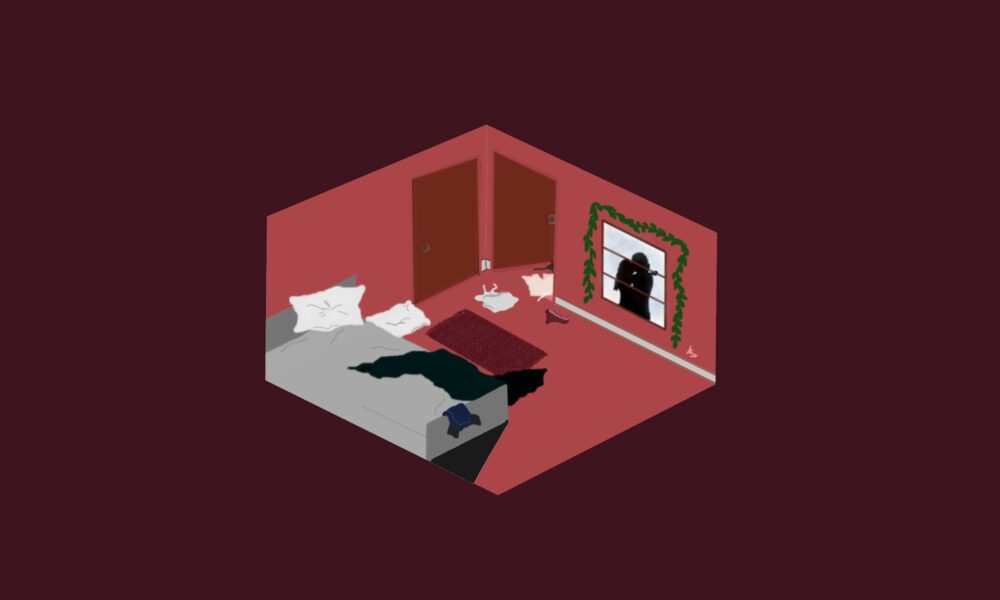Everybody seems to be talking about sex. It saturates the media; from tv shows to movies to video games to event advertisements—it’s inescapable.
From a young age, many children are exposed to ‘sexual education’ tactics that emphasize abstinence and fear-mongering: “Don’t have sex before marriage! Don’t have sex without being in love! Just don’t have sex!” This type of rhetoric clouds the seriousness of sex, turning it into a simple didactic coming-of-age lesson.
The significant gap in sexual knowledge among young adults speaks to the lack of accessible educational resources. Jessica Legault, spokesperson for the EduSex coalition in Quebec, noted that 75 per cent of teachers polled in November didn’t have any training in the sex education courses that they were asked to teach.
Nonetheless, on the brink of adolescence, this restrictive cultural narrative takes a turn.
Casual sex––and lots of it––is considered to be a norm across university campuses. In popular culture and pornography, young adults are bombarded with portrayals of sex that often contradict their experiences. Although sex-positive shows like Sex Education and Big Mouth attempt to unpack unhealthy understandings of sexuality, there is still an overabundance of media geared toward young viewers that present toxic depictions of sexual relationships and also set unrealistic expectations.
With hook-up culture being so normalized, many university students feel pressured to participate.
Though talking about sex helps inform safe and educated decisions, the discourse surrounding hookup culture can often make those who aren’t engaging in sexual activity feel alienated or abnormal.
Mikaela Fasold, U3 Arts, feels that the stress incoming university students harbour toward sex is tied to anxiety around fitting in.
“When people get to university, they realize that a lot of people are having sex, including their friends, so they may feel left out,” Fasold said. “Sex in university is conveyed as a way to fit in [….] This creates the mindset that you need to have sex in order to fit in with the university lifestyle.”
Many movies, such as The To Do List, portray sexual activity as something that needs to be “mastered” before even entering university. These types of films depict university as the single opportunity to explore one’s sexuality to the fullest extent: Have fun, have sex, and if not, you’ll miss out on the “university experience.”
Massimo DiSilvestro, U2 Arts, thinks that the pressure to have sex stems from conventional stereotypes about romantic experiences that portray sex as a necessary formative experience for young adults.
“Something lonely arises from looking at other people advancing romantically when you aren’t,” DiSilvestro said. “The popularity and public face of the word ‘sex’ feeds into a narrative that, as we reach adulthood, we are supposed to complete certain milestones, including sexual activity.”
Sex is a natural part of life, and university can provide students with the opportunity to explore their sexuality. However, no one should feel pressured to have sex. There exists a multitude of reasons for abstinence––religion, asexuality, a lack of time, a disinterest in popular hook-up culture, or the simple feeling of just not being ready. All of these reasons, and more, are valid in their own right.
Sex is everywhere, no doubt about it. But, not everyone is having sex—it’s guaranteed, in fact, that fewer people are having sex than you think.










Seems like something someone not having sex would say…
Seriously though, I enjoyed the piece. Although it might mostly only be true for Arts students? I don’t hear engineering students complaining about this. They’re all drowning in work.